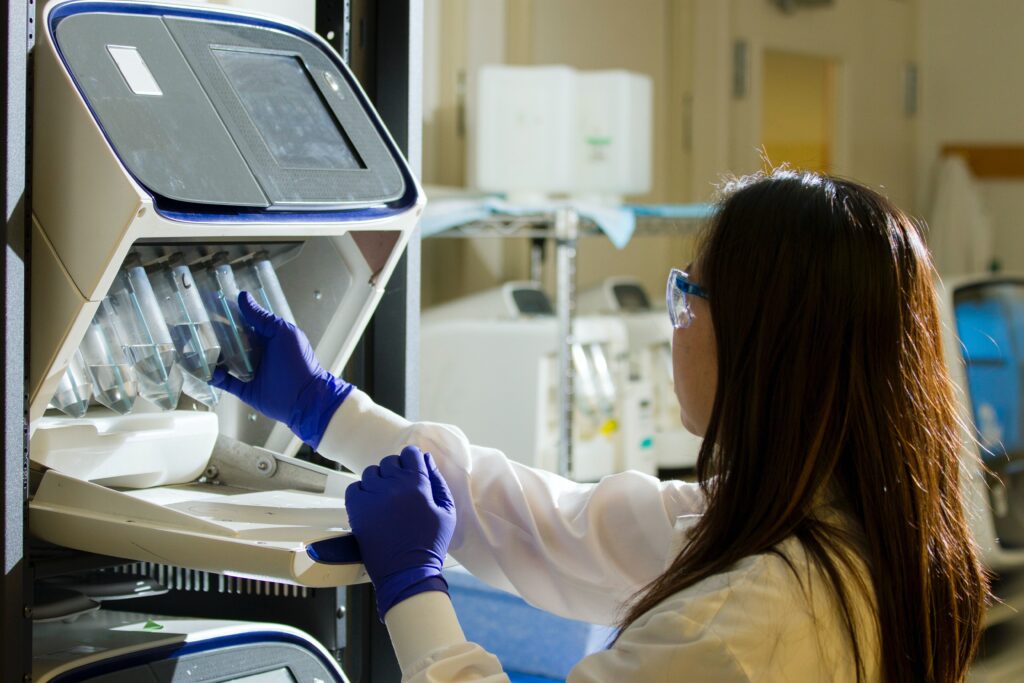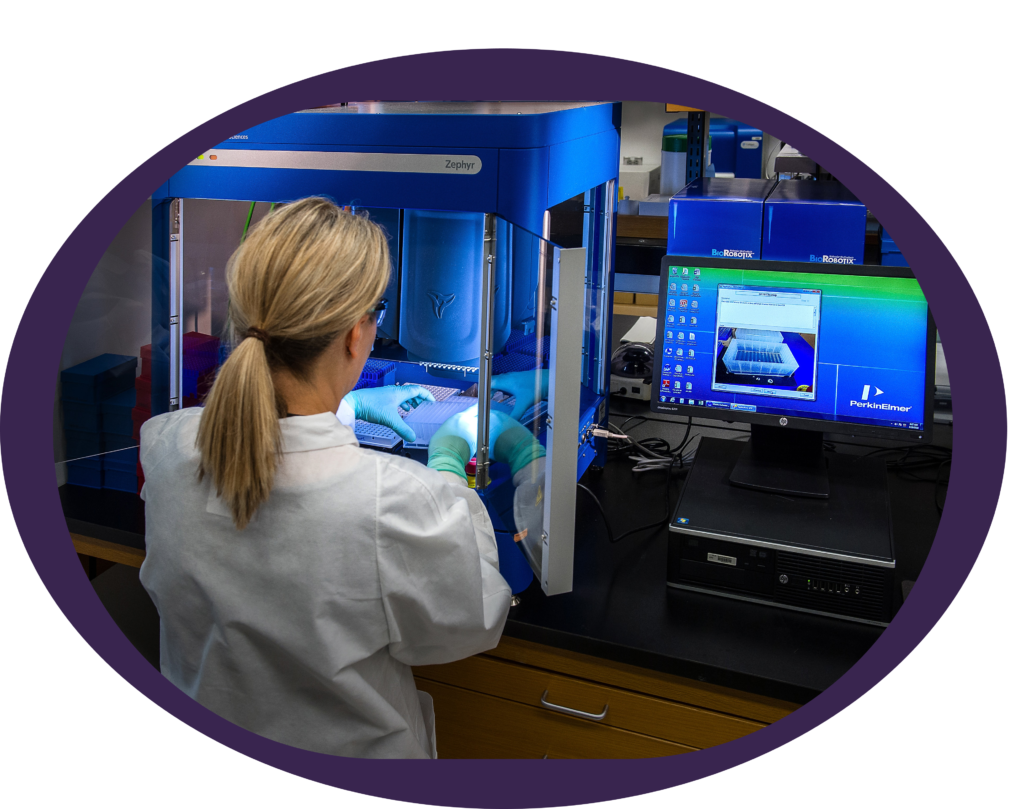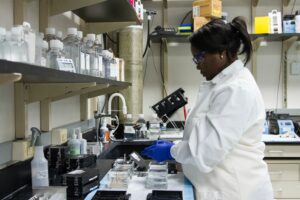Blog
The Impact of COVID-19 on Clinical Trials

Introduction
The COVID-19 pandemic, which swept across the globe in 2020, left virtually no aspect of our lives untouched. One sector that experienced a profound transformation was clinical research and development. Clinical trials, essential for testing and approving new drugs and treatments, were significantly impacted. In this blog, we will explore the profound effects of the pandemic on clinical trials and the adaptations that have emerged to keep the research moving forward.

- Disruption of Ongoing Clinical Trials
Many clinical trials were abruptly halted or delayed due to COVID-19. With lockdowns, social distancing measures, and overwhelmed healthcare systems, the safety of participants and the integrity of the trials became primary concerns. This disruption not only affected research progress but also presented challenges in terms of data analysis and trial endpoints.
- Accelerated Vaccine Development
The urgency of the pandemic led to unprecedented collaboration between research organizations and pharmaceutical companies. Clinical trials for COVID-19 vaccines were fast-tracked, with some trials completing all phases in record time. The success of these trials not only saved lives but also showcased the potential for streamlined processes in clinical research.
- Remote Monitoring and Telemedicine
One of the most significant adaptations to clinical trials during the pandemic was the adoption of remote monitoring and telemedicine. Many trials incorporated virtual visits, electronic data capture, and remote patient monitoring to reduce the need for in-person contact. This shift may continue to influence how clinical trials are conducted in the future, making participation more accessible and convenient for patients.
- Challenges in Patient Recruitment and Retention
The pandemic posed new challenges in patient recruitment and retention. Fear of exposure to the virus and restrictions on movement and healthcare access made it difficult to enroll and maintain participants in trials. Researchers had to adapt their strategies to accommodate these obstacles.
- Data Integrity and Quality
Ensuring data integrity remained a paramount concern during the pandemic. With more remote data collection and a variety of sources, maintaining high data quality became a challenge. Researchers implemented innovative methods and technologies to safeguard data and uphold the credibility of their trials.
How the medical research community has responded to COVID-19
The COVID-19 pandemic’s threat to global security and the economy has captured the entire world’s attention. The number of COVID-19 cases continues to rise globally with little sign of slowing down.
The COVID-19 pandemic has mobilized researchers worldwide on a scale and timeframe that have never been seen before for one specific disease. In hopes of rapid discovery of therapeutics, vaccines, and diagnostics for COVID-19, a substantial amount of money is being invested towards clinical research

COVID-19 pandemic has captured worldwide attention for its profound impact on security and the economy. As the number of cases continues to rise steadily, signs of relief remain few and far between. Nevertheless, this global health crisis has sparked an unprecedented mobilization of researchers who are devoted to combating this disease. Considerable investments are being allocated to clinical research in hopes of accelerating the development of therapeutics, vaccines, and diagnostics for COVID-19.
The need for coordination and collaboration
When individuals participate in clinical trials, they often hope to gain some benefits from new treatment interventions, but they can end up exposing themselves to risks.
Given the experimental nature of clinical research, risks to participants could be unavoidable. Although the value of clinical trials for society is different from the benefits that clinical trial interventions have on individual participants, study participants expect and want their data to be used responsibly to advance science.
The advancement of science and improved public health outcomes require collaboration, which includes publishing of all data, regardless of the results, and releasing them to the research community.

